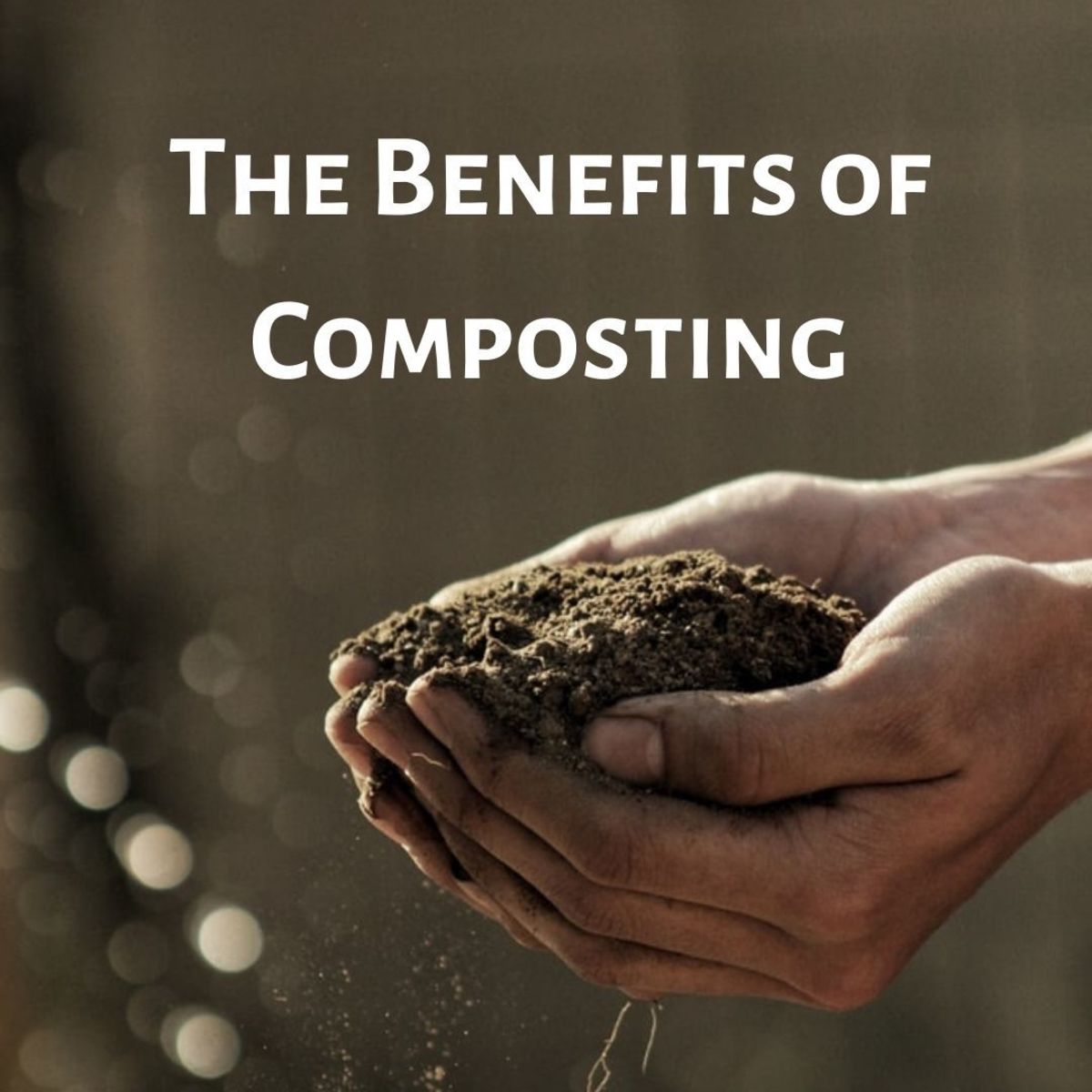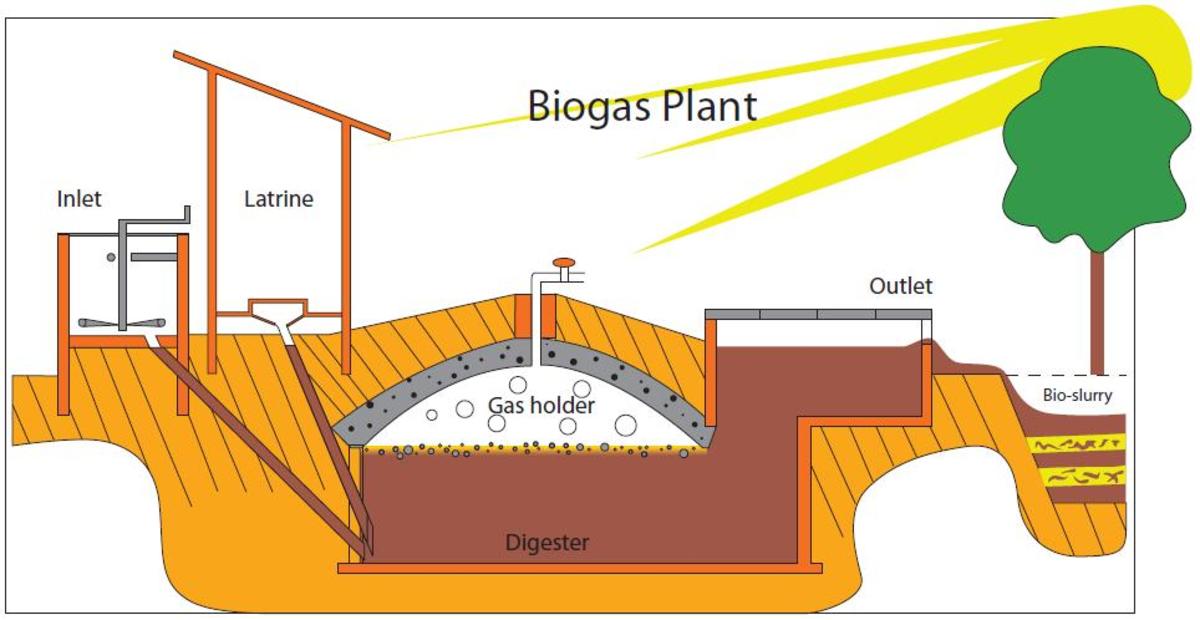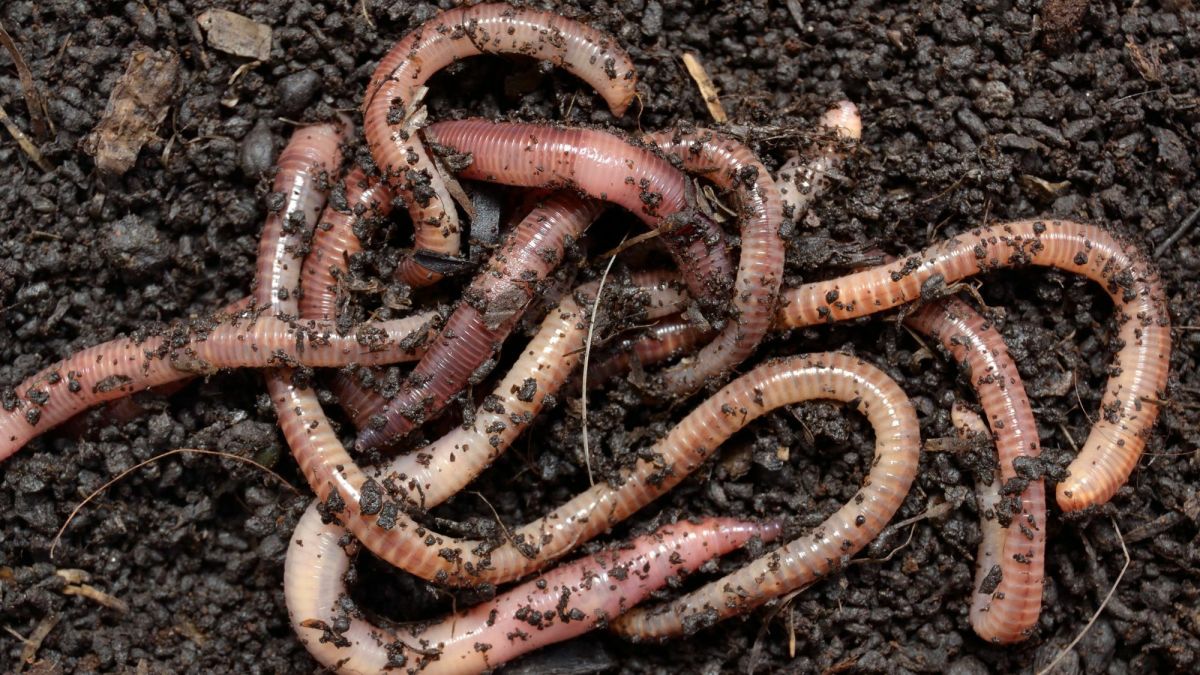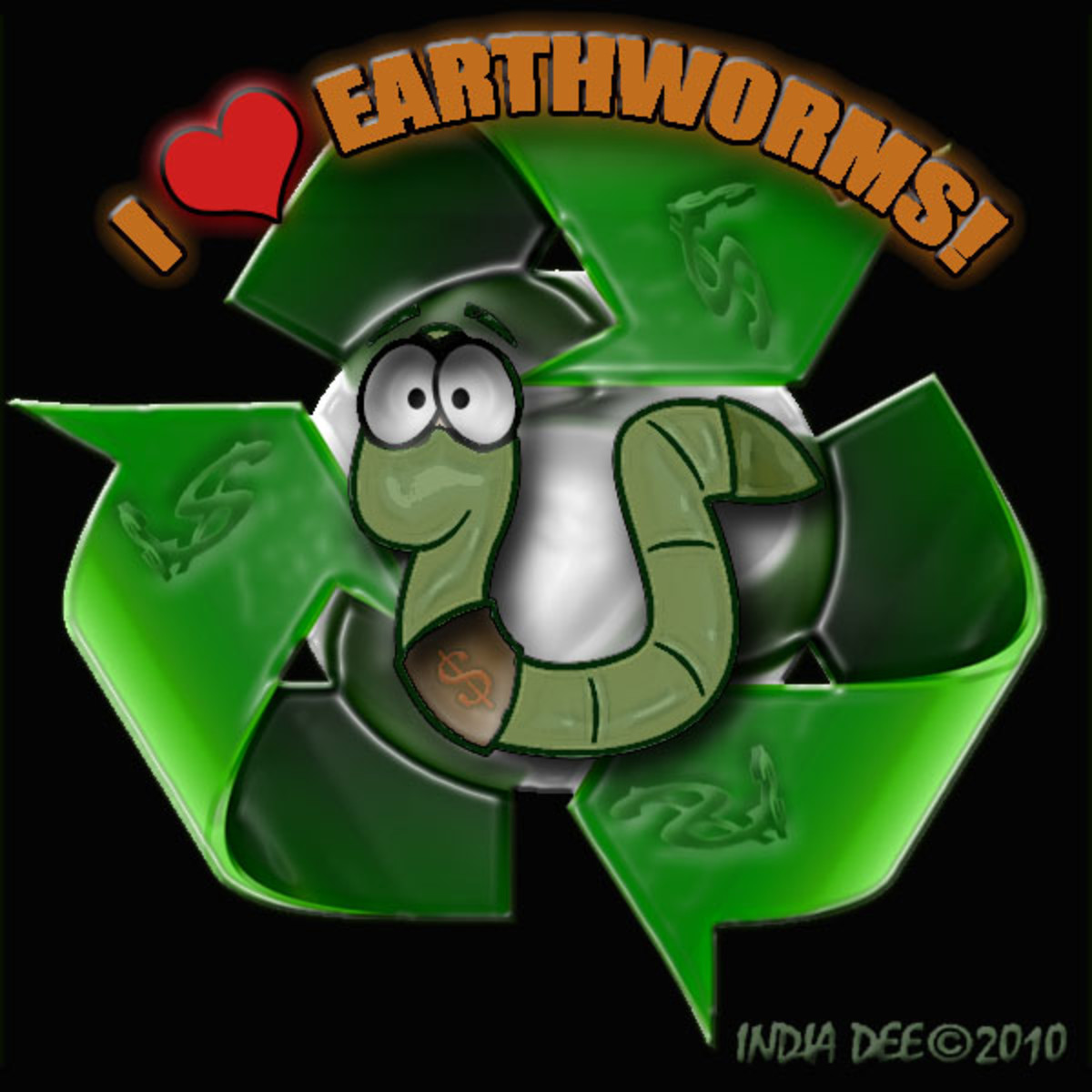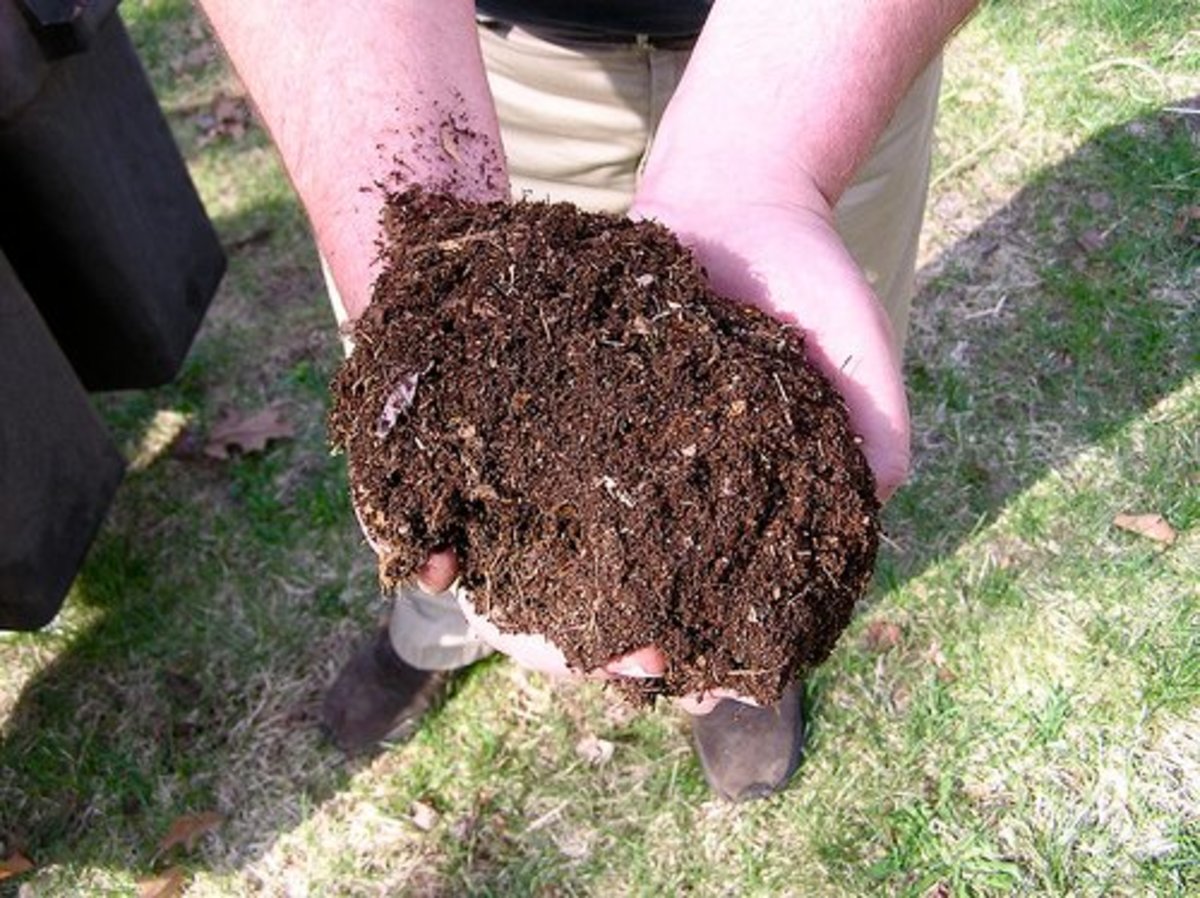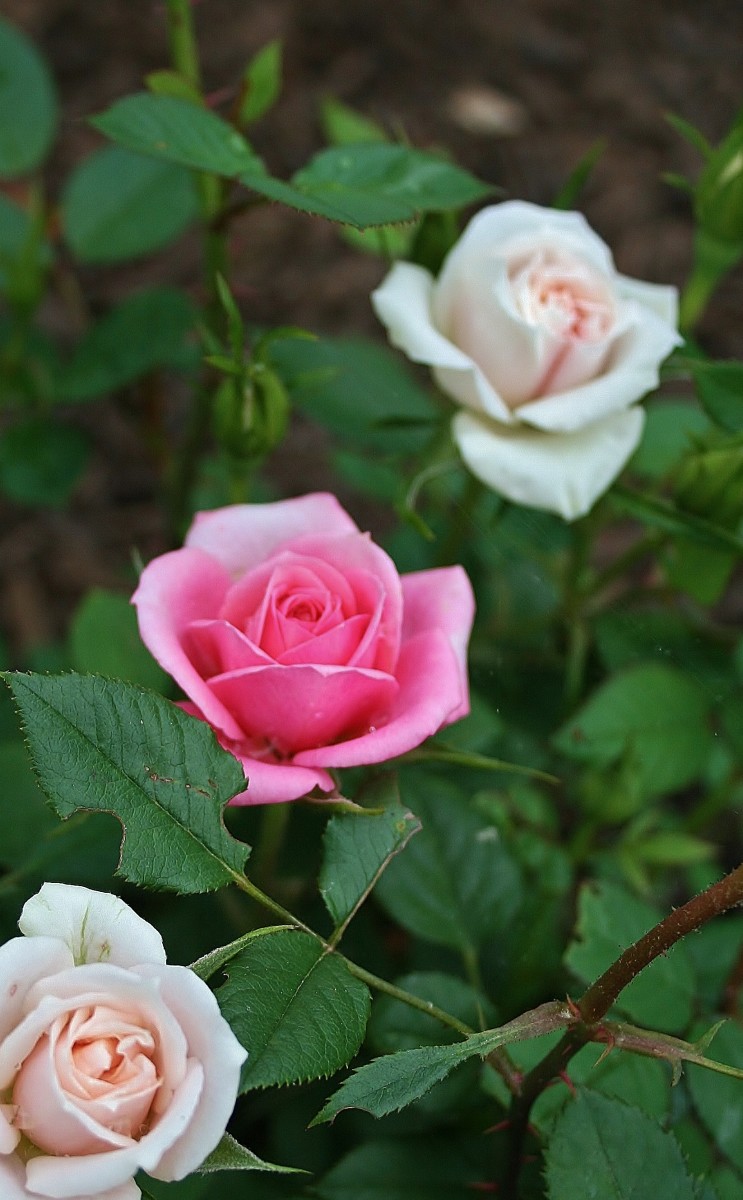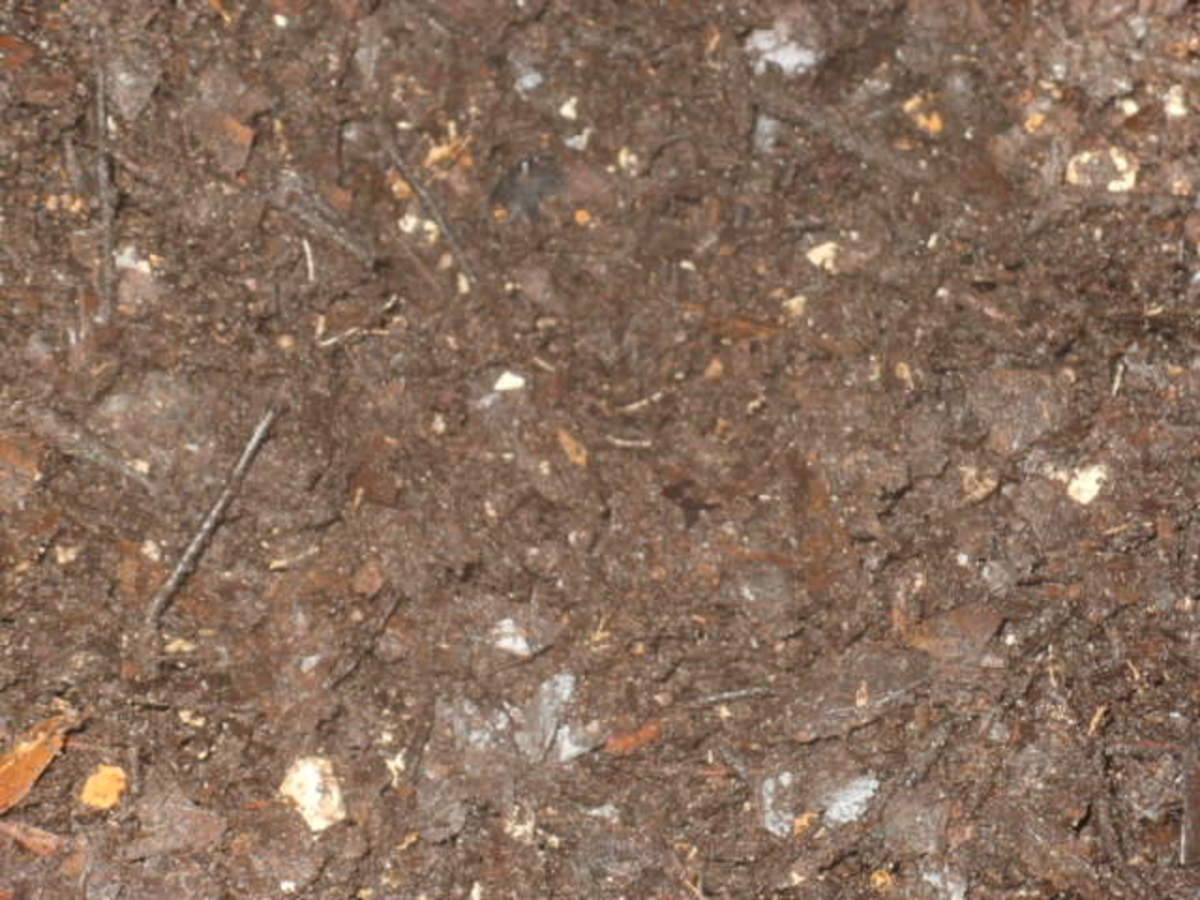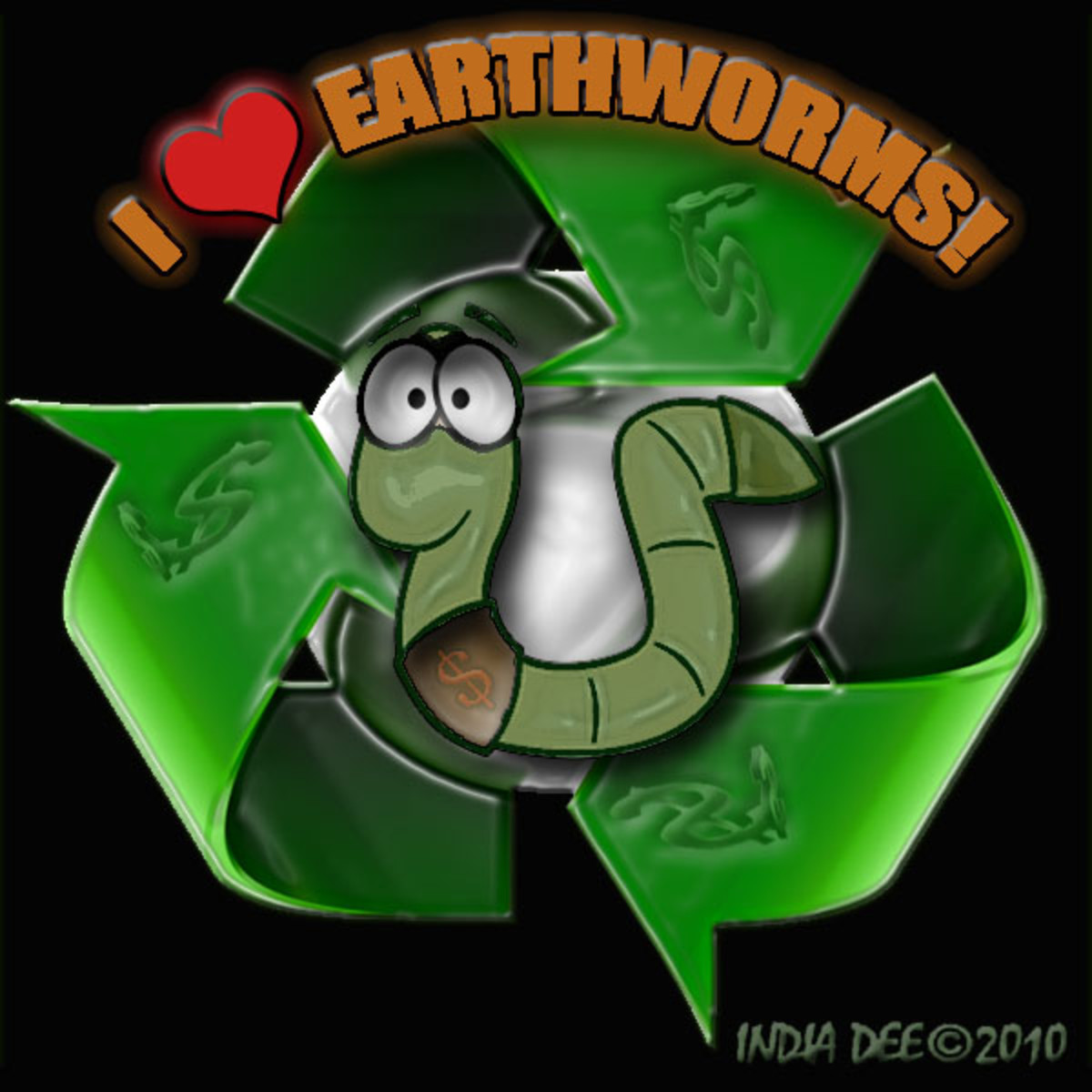Things You Need To Know About Vermicomposting
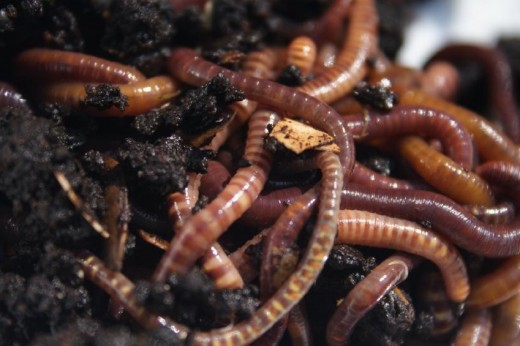
Vermicomposting, also known as worm composting, is the process of breaking down organic scraps by means of worms (not all kinds of worms though). In a process such as this, red wiggler worms are often preferred for this type of composting. These worms then help turn your organic wastes into a nutrient-rich substance called vermicompost. Backyard gardening and worm composting really goes hand-in-hand nowadays as more people are getting more 'green' and more concerned with our environment.
What makes Vermicomposting work?
Vermicomposting works by means of worms and of your organic wastes. It is their consumption of these scraps from your kitchen and garden (fruits and vegetable peels, coffee grounds, crushed egg shells, presoaked newspaper or cardboard shreds, dried leaves, grass clippings, etc.), that they are able to produce a valuable, and a high-quality source of compost. This is the kind of compost that can be used as an organic fertilizer for your plants. You can also use this rich worm by-product as a means to condition your soil, and more.
- How to pick your Composting Worms for your worm composting bins
You can't go wrong with deciding to raise composting worms and have a worm composting bin inside your house in the kitchen for your table scraps or outside for your lawn's organic garden wastes. There will be... - Life Cycle of Red Wiggler Worms or Eisenia Foetida and stages
We all know that Red Wiggler worms (Eisenia Foetida) are amongst the most favorite worm specie in worm composting and organic gardening. Let's get to know these amazing little nature's wonders a little bit...
Your Worms Habitat
You can maintain this composting process with worms by keeping your red worm composting pals inside a dark container, with a lid on it. Worms actually prefer being in the dark, and providing them this need will be great for their performance. Your worms bin should also be filled with some moist bedding (make sure not to leave it soaking wet as this might cause the worms to drown); and should also be drilled with holes (a few holes near the top for ventilation, and a few holes under the bins base for drainage purposes).
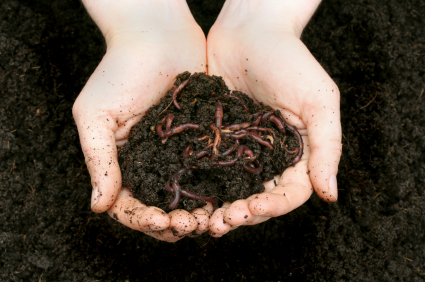
The Benefits to Vermicomposting
There are a lot of benefits to using compost from composting worms, and these includes the following:
- The use of red worms castings helps improve the soil’s structure (can be used as a soil amendment).
- Vermicompost also helps enhance the structure and growth of roots.
- Soil that has been enhanced with worm castings can help the soil with its water-retention capacity.
- The worm casting composition that’s packed with nutrients, offers plants more hormones and enzymes (used as an organic fertilizer).
- The use of vermicompost helps improve germination, as well as helps develop the growth of plants
Who engages in the vermicomposting process?
Many gardeners and breeders use this vermicomposting process to their advantage. Gardeners for one, benefit from this process by turning their household wastes into fertilizer. They are able to make good use of their scraps, and are resorting to cheaper and better alternatives to using chemical fertilizers. Breeders on the other hand, do some composting with worms, to make a profit out of selling them.
- Using Red Wiggler worms as fishing worms
When one uses Red Wiggler worms or Eisenia Foetida as fishing worms to have the most fun and exciting fishing trip, the worms have to be properly used, cared for and conditioned. Traditionally, wheh fishing, the use of hooks with a worm threaded alon - How to take care of Worm bins with Red Wiggler worms
Having Red Wiggler worm bins are very beneficial, most especially when it comes to organic gardening. Red Wiggler worms' castings or 'worm poo' can be utilized as soil fertilizers and not only that, these worms are popularly used as fish feeds and fi

